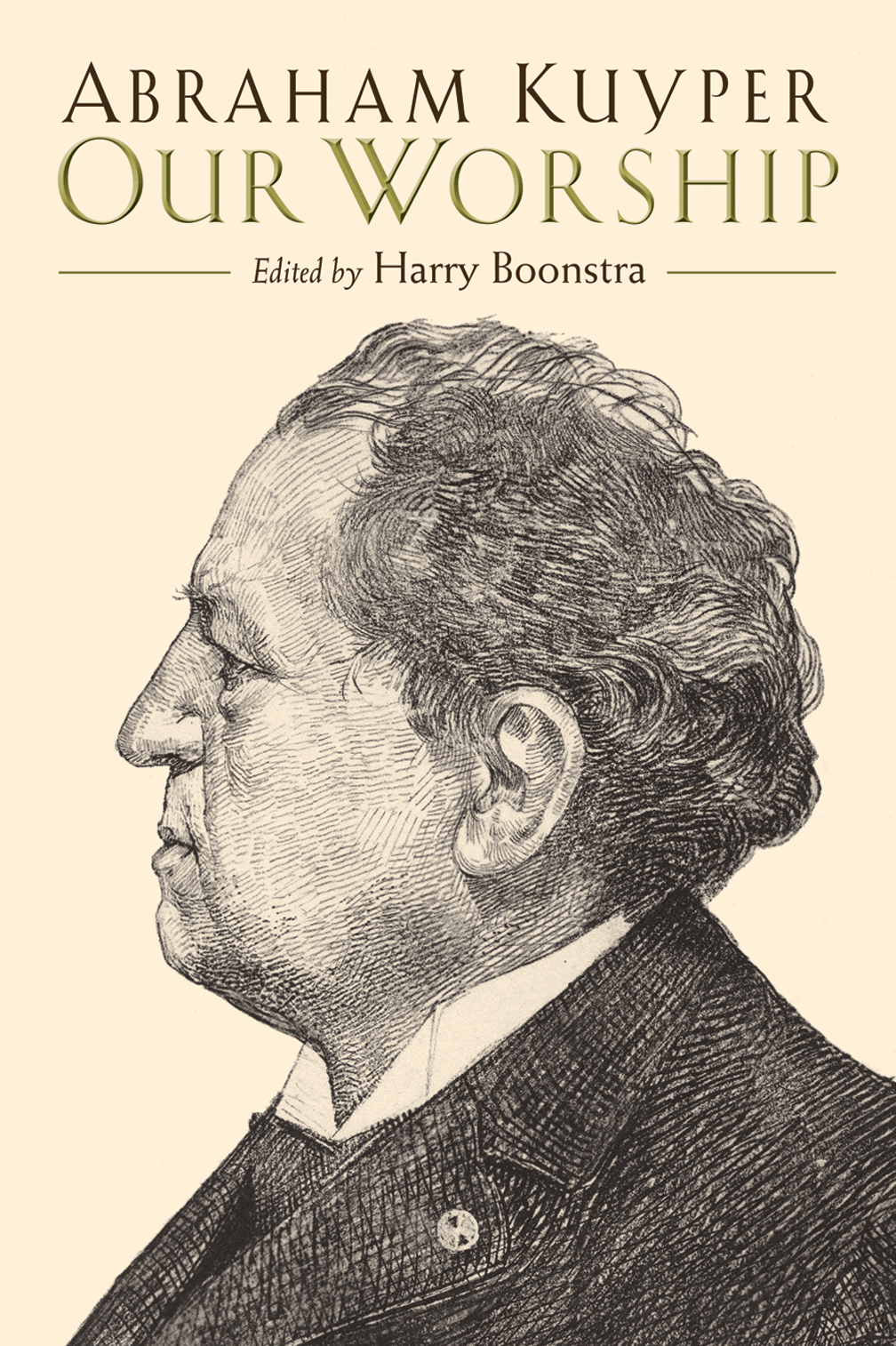 The Dutch theologian and statesman Abraham Kuyper (1837-1920) knew how to poke where it hurts when it comes to Reformed church music. But his words are an important reminder for church musicians in a variety of settings and styles:
The Dutch theologian and statesman Abraham Kuyper (1837-1920) knew how to poke where it hurts when it comes to Reformed church music. But his words are an important reminder for church musicians in a variety of settings and styles:
The congregation had to sing, but in the north of Europe, where Calvinism was especially strong, the people as a rule sing neither in tune nor with accuracy, and neither do they excel in melodious voices.
They tried to correct this shortcoming in two ways–by introducing the organ, and by using a choir or precentor. Of course, it would have been most desirable if they could do without the organ. The pure singing of only human voices is far superior to organ music; the organ comes in to lead only when the singing falters. Leading of congregational singing can also be done by a choir or a precentor with great vocal power. Such precentors, however, can only rarely be found, and should they be found, they often exude their personality too much and thereby become a diversion. A choir is easily assembled, but a choir usually concentrates on the art, seldom on the spirit and contents, and soon the congregation, seduced by the beautiful choir, will keep silent in order to better listen to the singing of the choir. For that reason churches gave preference to organ music . . .
There is nothing objectionable about this organ music, provided that the church council makes sure that the organists do not try to push themselves to the fore. Their task is to lead, support, regulate, and promote the singing; the organ should never assume the right to let itself be heard. It has to serve the singing of the congregation and be dedicated to improve it, to elevate it, to inspire it, and to enter into its spirit. The organ must not overpower the song, but the song must be rendered all the more gloriously because of the organist’s support. When the organist seeks to serve himself and not the congregation and tries to attract attention to himself, the congregation is offended. Our great organists have always been able to avoid this evil; it is only the half-baked organists who, understanding neither the requirements of art nor the sacredness of the worship service, continually try fancy tricks for their own promotion.
Abraham Kuyper, Our Worship (Onze Eeredienst), edited by Harry Boonstra, translated by Harry Boonstra, Henry Baron, Gerrit Sheeres, and Leonard Sweetman (1911; repr., Grand Rapids: Eerdmans, 2009), 56-57.
–MRK

Share Your Thoughts